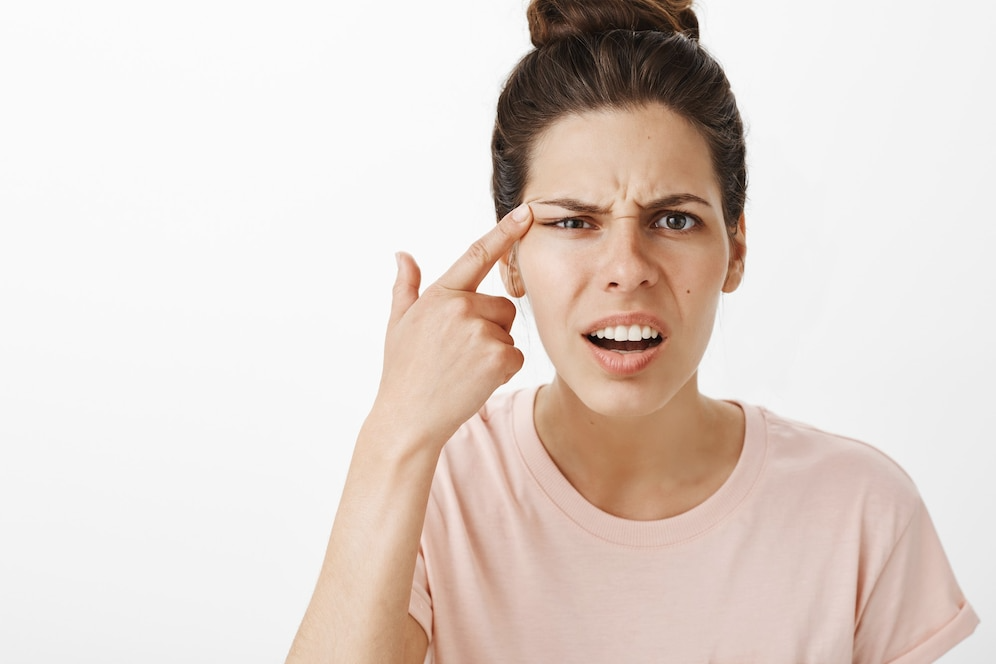
Table of Contents
Unveiling The Blinking Code: Decoding The Mysteries Of Eye Twitching, From Causes To Cures
Eye twitching, medically known as myokymia, is a common phenomenon that most people experience at some point in their lives. While it is often harmless and temporary, persistent or severe eye twitching may raise concerns and warrant further investigation. In this article, we will explore the various aspects of eyes twitching, including its causes, symptoms, and potential remedies.
Causes of Eye Twitching:
- Stress and Fatigue: One of the most common triggers for eye twitching is stress and fatigue. Prolonged periods of stress, lack of sleep, or excessive fatigue can lead to involuntary muscle contractions, including those in the eyelids.
- Eye Strain: Extended use of digital devices, reading for long periods, or engaging in activities that require intense focus can strain the eye muscles and contribute to twitching.
- Caffeine and Stimulants: Excessive consumption of caffeine or other stimulants can affect the nervous system, leading to eyes twitching in some individuals.
- Dry Eyes: Insufficient lubrication of the eyes, often caused by factors like staring at screens for extended periods or environmental conditions, can result in eye irritation and twitching.
- Nutritional Imbalances: Deficiencies in certain vitamins and minerals, such as magnesium, can contribute to muscle spasms, including those in the eye.
- Eyelid Irritation: Allergies, irritants, or foreign particles coming into contact with the eyelids can cause twitching as a protective mechanism.
- Medications: Some medications, particularly those that affect the nervous system, may list eye twitching as a side effect.
- Underlying Health Conditions: In rare cases, eyes twitching may be associated with more serious underlying health conditions, such as blepharospasm or hemifacial spasm.
Symptoms of Eyes Twitching:
The primary symptom of eyes twitching is the involuntary movement of the eyelid. This movement is typically rapid and repetitive, occurring in the upper or lower eyelid of one eye.
In most cases, the twitching is mild and goes unnoticed by others. However, severe or persistent twitching may lead to discomfort and impact daily activities.
Remedies and Management:
- Rest and Stress Reduction: Adequate rest and stress management are crucial for alleviating eyes twitching. Incorporating relaxation techniques, such as deep breathing or meditation, into your daily routine can be beneficial.
- Eye Care: Taking breaks during prolonged screen use, using artificial tears to combat dry eyes, and maintaining good eye hygiene can help prevent and manage eyes twitching associated with eye strain and irritation.
- Hydration and Nutrition: Ensuring proper hydration and a well-balanced diet rich in essential nutrients, including magnesium, can contribute to overall muscle health and reduce the likelihood of eyes twitching.
- Adjusting Caffeine Intake: Moderating caffeine intake, especially in the afternoon and evening, may help reduce eyes twitching for individuals sensitive to stimulants.
- Warm Compress: Applying a warm compress to the affected eye can soothe the muscles and alleviate twitching.
- Medical Consultation: If eyes twitching persists or is accompanied by other concerning symptoms, seeking medical advice is crucial. A healthcare professional can determine if there is an underlying medical condition that requires further attention.

Conclusion:
While eyes twitching is often harmless and resolves on its own, understanding its potential causes and implementing preventive measures can significantly improve the overall eye health and well-being of individuals.
Prioritizing rest, managing stress, and adopting a healthy lifestyle are key factors in minimizing the occurrence of eyes twitching and maintaining optimal eye function. If symptoms persist or worsen, consulting with a healthcare professional is advisable to rule out any underlying medical issues and receive appropriate treatment.
